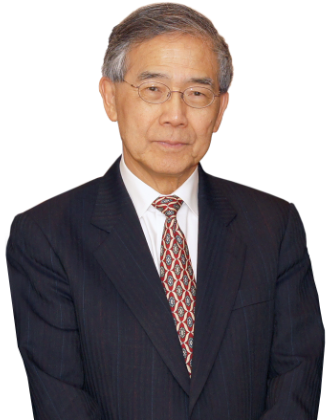Mr. Leung’s explanation of the word “tonic”

Good health is about balance. According to traditional Chinese medicine (TCM), people are healthy if their YIN and YANG are balanced (modern Western medicine speaks about physiological balance). If this balance is disturbed, health problems arise. The YIN/YANG balance can be disturbed by a number of factors, including a polluted environment, toxins in our food and drinking water, unreasonable use of medicines and alcohol, smoking, work and family stress, excessive consumption of some foods, etc. The ideal way of maintaining this balance is to exclude these phenomena, which basically means to quit smoking, leave a stressful job or refrain from the excessive use of medical drugs. Unfortunately, this is often difficult, because some circumstances are beyond our control. Another way is to switch to tonics used for thousands of years by the Chinese in order to help the body recover and maintain the YIN/YANG balance. Scientific research in recent decades has shown that many tonics show one or more pharmacological or biological activities favourable for our health; these include anti-inflammatory, antioxidant, immunomodulative, energizing, liver-protecting, detoxifying, hypotensive, hypoglycemic, anti-arteriosclerotic, hypolipidemic and anti-allergic..
The use of tonics for recovering and maintaining good health has been known for more than two thousand years. Tonics are one of the three primary types of medicines used in the practice of TCM::
- Mild to strong (often toxic) medicines for the treatment of serious and acute conditions (e.g., aconite, cinnabar, scorpion).
- Mild tonics to support the recovery of a disturbed yin/yang balance and maintain a good state of health; these can be mild medicines or common foods (e.g., processed fo-ti, goji fruit, Job’s tears, astragalus, ginseng, schisandra, etc.)..
- Foods with special characteristics supporting the maintenance of good health, and which are usually consumed when available as part of the diet (e.g., cress, walnuts, tea, chrysanthemum tea, sea pumpkin, mung beans, tofu, etc.)..
There are several dozen Chinese tonic herbs which the Chinese use as common dietary supplements. When developing PhytoChi®, we chose those that have special, proven traditional characteristics, are easily available, non-toxic and described by modern science. However, the choice of herbs and development of a formula are by themselves insufficient to make herbal products of extraordinary quality and benefits. A quality herbal formula has to be perfectly composed and contain pure, quality herbs prescribed in the formula. When developing the PhytoChi® formula and manufacturing it, we followed these two crucial rules in order to achieve a perfect result in the production of herbal products of extraordinary quality, which I introduced to the world more than 20 years ago, long before other herb experts realized the importance of using the right herbs and extracts in herbal formulas::
- When developing the PhytoChi® formula, we applied the fundamentals of TCM wisdom, as well as the findings of modern scientific research. The selected tonic herbs have the best reputation in TCM in terms of their ability to help normalize the most common conditions, such as stiff and sore joints, insufficient energy, allergies, stress, high blood pressure, etc., or modern science has shown that they have some beneficial characteristics (antioxidant, liver-protecting, immunostimulatory, anti-allergic, anti-inflammatory, hypolipidemic, hypoglycemic, etc.).
- A formula that looks good on paper does not necessarily guarantee that a quality product will eventually be made. The product really has to contain the correct herbs or extracts, otherwise it will have doubtful quality. Herbs used in PhytoChi® are mostly secured from verified sources and extracted in an appropriate way. For example, the processed fo-ti used is really processed fo-ti and not unprocessed raw fo-ti. (Few English books on Chinese herbs distinguish raw fo-ti, which is much more toxic than processed fo-ti and used mostly for cleansing, not as a tonic). We also extract herbs according to traditional extraction methods, so we don’t use just any solvent to extract any, or pharmacologically irrelevant, components in order to create so-called standardized extracts. For example, when astragalus is to be used as a tonic, it is traditionally prepared by simmering in water for a long time. So we extract it with hot/boiling water to produce a complex extract, no different from the one traditionally used, instead of using alcohol or other solvents for selective extraction of some specific chemical components which have nothing to do with the effects of astragalus as a tonic. And if we have scientific evidence that more active components can be obtained by a modern method of extraction, then we adopt this method, especially in cases when the final extract contains all the components of the traditional extract. Our schisandra extract is an example of this.
PhytoChi® is an excellent herbal tonic, because its production combines traditional wisdom with modern, scientifically proven technology, which corresponds with our principle of applying scientific findings without overlooking traditional wisdom..











 info@phyto.cz
info@phyto.cz
